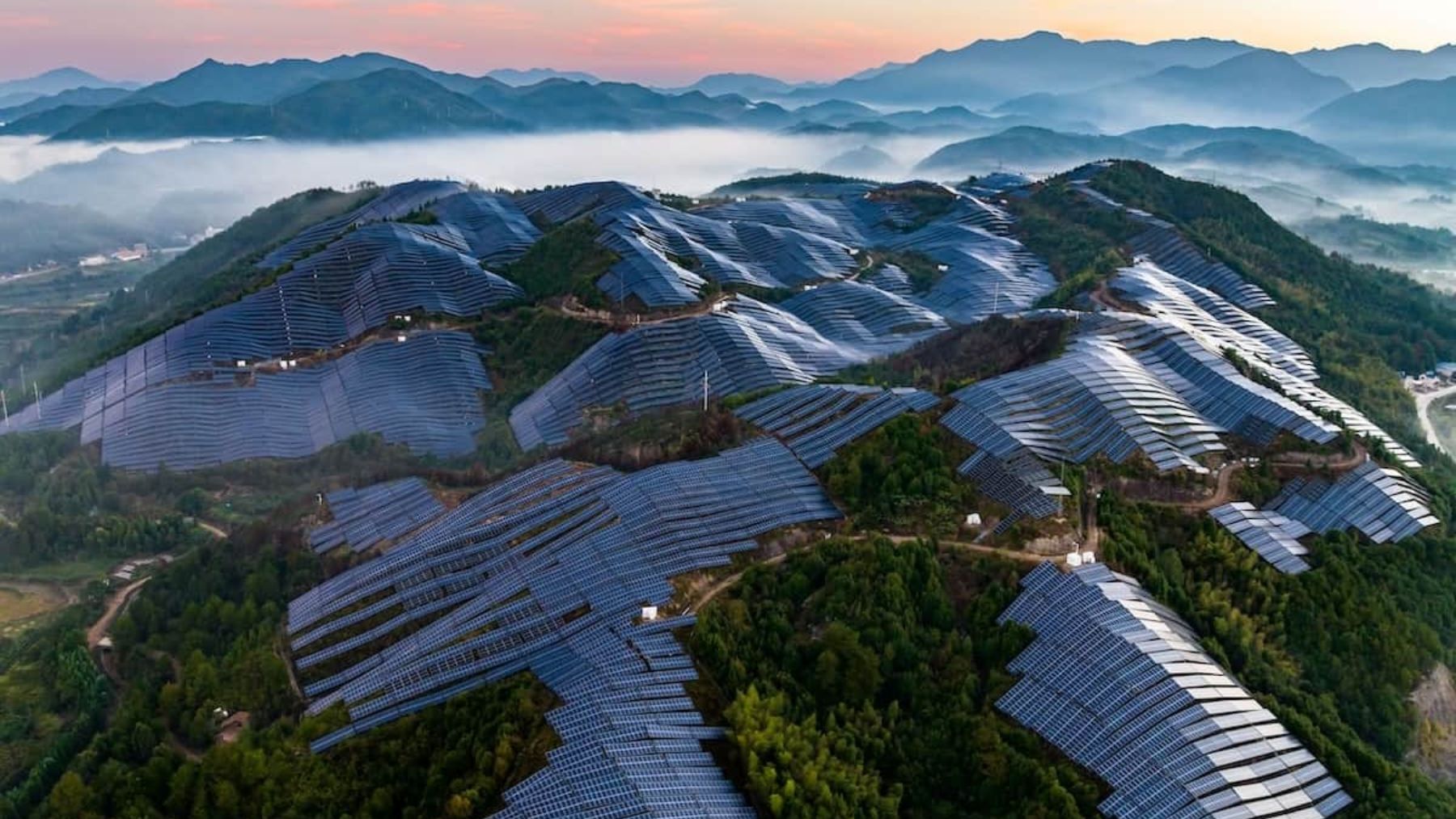During the Mid-Autumn Festival last year, my cousin and her coworkers took me on a day-trip to Gubei Water Town on the outskirts of Beijing, a tourist hotspot that is a near-perfect copy of the types of “water towns” — small hamlets veined with rivers or canals — more common in the southern regions around Suzhou and Shanghai. The northern capital, in all its sprawl, strangely seems to have everything — even simulacra of ancient southern settlements.
As if from a fable, Gubei Water Town springs out of nowhere, just off the G45 Expressway. It makes sense in a dryly objective way: here were mountains and water, part and parcel of any good Chinese landscape, and even the majestic Simatai section of the Great Wall, so of course the area would be developed into a tourist site.
But we don’t often think too much about what makes sense on holiday trips, so much as just try to sense what’s around us, and like the fisherman in the fable The Peach Blossom Spring, I felt like I’d stumbled upon some otherworldly place.

From the parking lot to the ticket office was a short stretch of road, flanked by traditional buildings. Upon closer inspection, they were eerily empty on the inside, just dust and darkness. If I had to guess why, it would probably be because renovations were still underway, and businesses hadn’t been able to move in yet.
This was a new kind of ghost town, where no one had ever lived and where no one ever will, unless you count the tourists that shack up for a few nights at the Great Wall Hotel and roam around with selfie sticks in hand
The stretch of road seemed like a ghost town, and yet it wasn’t any regular old ghost town, because ghost towns are usually initially inhabited and later abandoned. Ghosts don’t haunt a place for no reason. This was a new kind of ghost town, where no one had ever lived and where no one ever will, unless you count the tourists that shack up for a few nights at the Great Wall Hotel and roam around with selfie sticks in hand.

The oddest thing about Gubei Water Town is that it’s an ancient town without a history. I thought of a pair of worn cloth shoes I’d seen at the National Museum of China. If those shoes hadn’t belonged to Chairman Mao, would anyone care about them? Would they have ended up in that glass box?
Tourists flock to a reconstructed grass hut in Chengdu because famed poet Du Fu apparently wrote 240 poems there. Ancient water towns supposedly crystallize a traditional southern culture that has been passed down for thousands of years. Cultural tourism capitalizes on authenticity and historicity, and I’d always thought reconstruction — or at least obvious reconstruction — would hurt that precious authenticity.
It recalls a trend in early twentieth century Chinese fiction where abbreviated place names refer to real ones, but here, what is real?
Maybe it does, but it doesn’t matter very much in a place like Gubei Water Town, which feels far away not just from the commotion of the city but also from its own spacetime. It may be in Beijing, but no one cares that it’s in Beijing, nor about whether or not Beijing has historically had water towns, and no one really wants to care, which is fine. In every direction are charmingly quaint traditional buildings where shopkeepers sell neat cloisonné trinkets and music boxes that play “Edelweiss” and Van Gogh postcards. Wooden boats float on the deep green water that threads through the town, and it all looks very idyllic and very southern in the pictures.

The official English name of this place is Beijing W Town, printed neatly in corners of polished brochures. It recalls a trend in early twentieth century Chinese fiction where abbreviated place names refer to real ones, but here, what is real?
Wooden boats float on the deep green water that threads through the town, and it all looks very idyllic and very southern in the pictures
In a sense, W Town models itself on a Water Town, a kind of Platonic ideal that floats out in the abstracted heavens. The Water Town itself takes up no space, has no history; it is brought to life in different manifestations of reality. Here, it’s not so much about cultural tourism as it is tourism for the sake of tourism. I think it’s almost better that way. Gubei Water Town is an undead fiction that we can freely and safely inhabit, without worrying too much about spoiling any previously held notion of authenticity.

Later that day, we climbed the Simatai Great Wall, which is connected to the town. We passed a part that hadn’t been reconstructed yet, crumbling and closed off to visitors. I heard another tourist call it “野长城” (ye Changcheng, “wild Great Wall”) — as though in this strange place, the Great Wall wasn’t a historical relic but rather some species of thing we stumbled upon in the wild, and that would be the same wherever it’s encountered. Like a southern water town in the north.


















